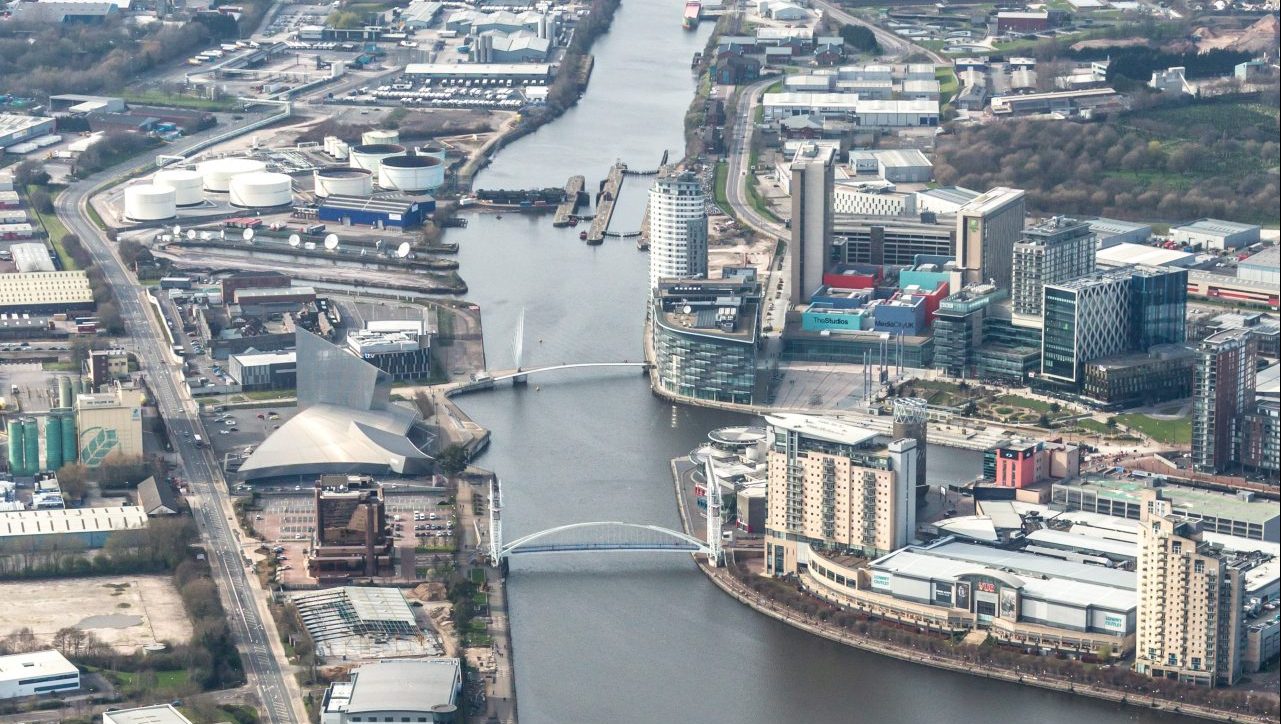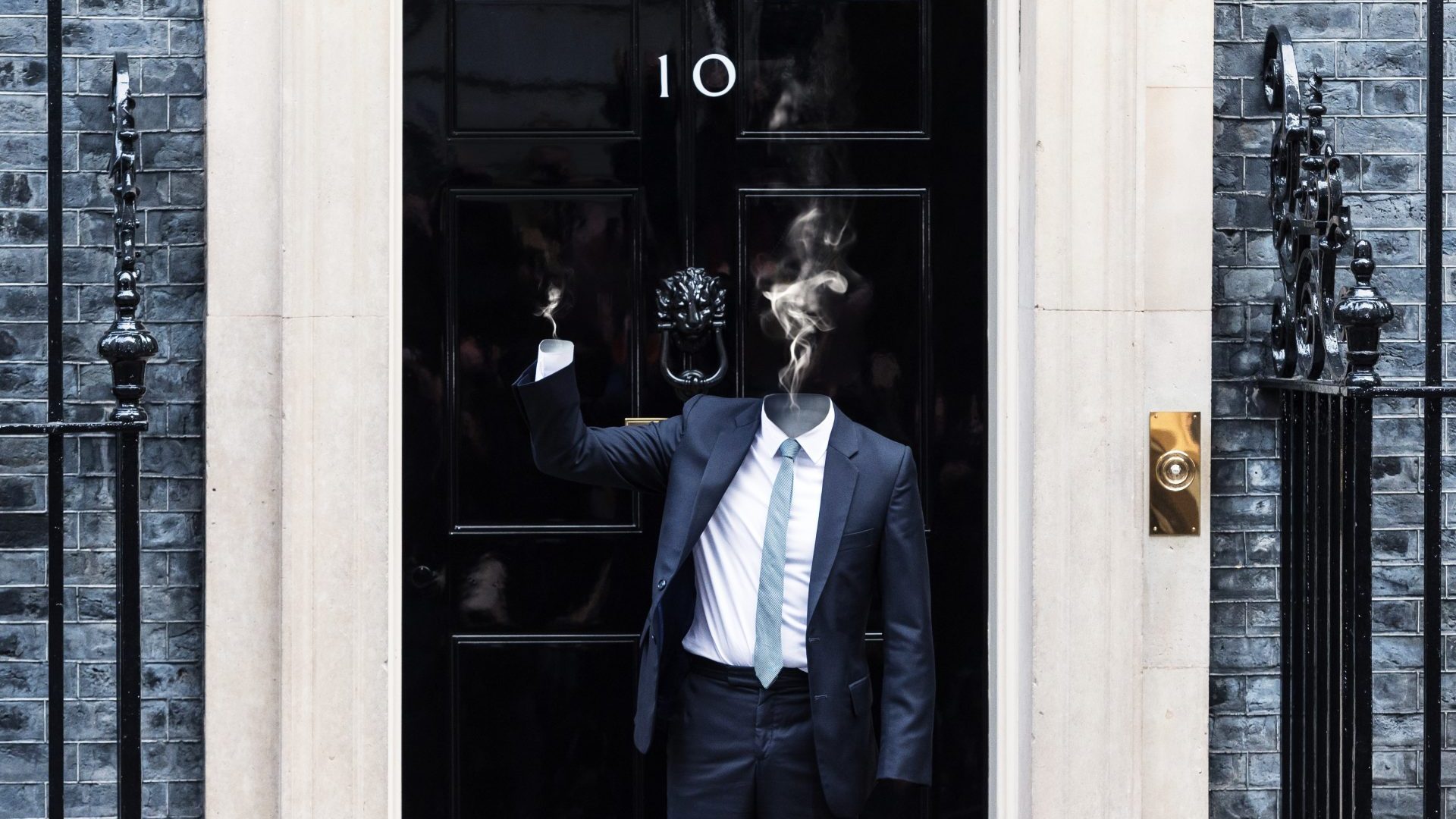Just after Christmas, on my late father’s birthday, I visited the street he grew up in, a Victorian terrace bordering a canal in Greater Manchester. We used to pass it in the car when I was a kid and he would say (without looking at it): “I grew up in that house”.
Returning after decades, I found the house was for sale and empty, so I could for the first time peer through the front window. I knew he’d been poor – but I am not exaggerating when I say the living room is no bigger than a hotel lift.
Today it is on the market for just £30k, advertised as having one bedroom, one bathroom and a kitchen. In the 1930s it housed a working miner, his wife, three children, the memories of two miscarried ones and a terminally ill grandparent.
But that’s not what made me angry. What made me boil with rage were the photos on the estate agent’s website, which show that it’s been recently lived in, with a half-trashed kitchen, walls as rotten as they must have been in the 1930s, with only a portable gas heater for warmth.
I don’t know what happened to the people who just moved out. But I know how my Dad’s family escaped that place: they took back control.
Theirs was the generation that demanded pit-head showers instead of tin baths, the right to strike, the right to council homes instead of slums. By 1939 my Dad was living in a nearby council house whose garden, floorplan and facilities would, today, be the envy of many modern apartment dwellers.
So I am glad Keir Starmer has begun the year with a promise to allow working-class communities to “take back control”. I will be even happier when he delivers.
Because loss of control over basic life choices is one of the greatest drivers of injustice. What my dad remembered about the 1930s was not, primarily, the poverty – but the powerlessness and humiliation it inflicted on the adults around him.
Today, at every food bank, domestic violence refuge, homelessness charity and social care department you can hear the same kinds of stories my dad told me about his childhood: stories of human defeat. But handing power back to communities won’t be as easy as it sounds. Because the great perpetrator of control theft under modern capitalism is not the state but the market.
If we are awash with angst over dying high streets, failing A&E facilities, vandalised playgrounds, and luxury apartments kept dark by their speculative owners it is because, since the 1980s, we have handed control over people’s lives to market forces.
Not only that. As the economist Will Davies points out, we have actually forced market norms of behaviour into everyday life and high politics, even where nobody wanted them.
The Manchester Ship Canal, for example, which runs through some 11 parliamentary constituencies near where I grew up, has a “50-Year Plan” for its development belonging not to any local authority but to its private owner, the Peel Group.
It’s reasonably clear how Keir Starmer might deliver Manchester City Council, or the Greater Manchester Authority, or a regional infrastructure body more “control” over housing, taxation, urban design along that waterway. What’s not clear is how ordinary people will ever get to express greater control than the Peel Group.
Even Gordon Brown, who spent years drawing up Labour’s new constitutional proposals, could only come up with “a legal requirement, to require decisions to be taken as close as meaningfully and practicably possible to the people affected by them”. I will take that legal requirement, thank you, but it’s not control.
Control is the ability to veto speculative luxury development by firms based in tax havens, and hand every family the right to demand habitable conditions from their landlord, on pain of summary seizure of the property by the local council.
Control is the ability of the communities that live alongside huge pieces of infrastructure like the Ship Canal to make their own development plans.
And control can be hard to exercise. There’s not a single community hospital nor A&E that has ever closed without a local campaign to keep it open. But the realities of modern healthcare sometimes demand it.
So if Keir Starmer thinks the localised control agenda is a powerful weapon for Labour he is right. If he thinks it is easily delivered he is wrong.
To exert community control you don’t just need new institutions but a living, breathing political community, with ways of mediating conflict, shared cultures, face-to-face tolerance and trust. Visit the comments on any local newspaper website to see how that’s going. Our very ability to do the politics of control has been eroded over the 40-year free-market revolution.
And some challenges are so big they can’t be solved at local level. Who will pay for the “just transition” in communities required to dismantle the oil and gas installations where they work? Not the locals. Who will decarbonise the energy system by 2030? Not parish councils.
I am never sentimental about the working-class past. For my dad it was, frankly, more brutalising than he ever wanted to talk about. But in those narrow alleyways I peered down over Christmas, between the outside toilets and the stables and the canal, people learned to nurture dreams, build solidarity and exercise power.
It’s that part of the “control” agenda that Labour needs to work on now.




